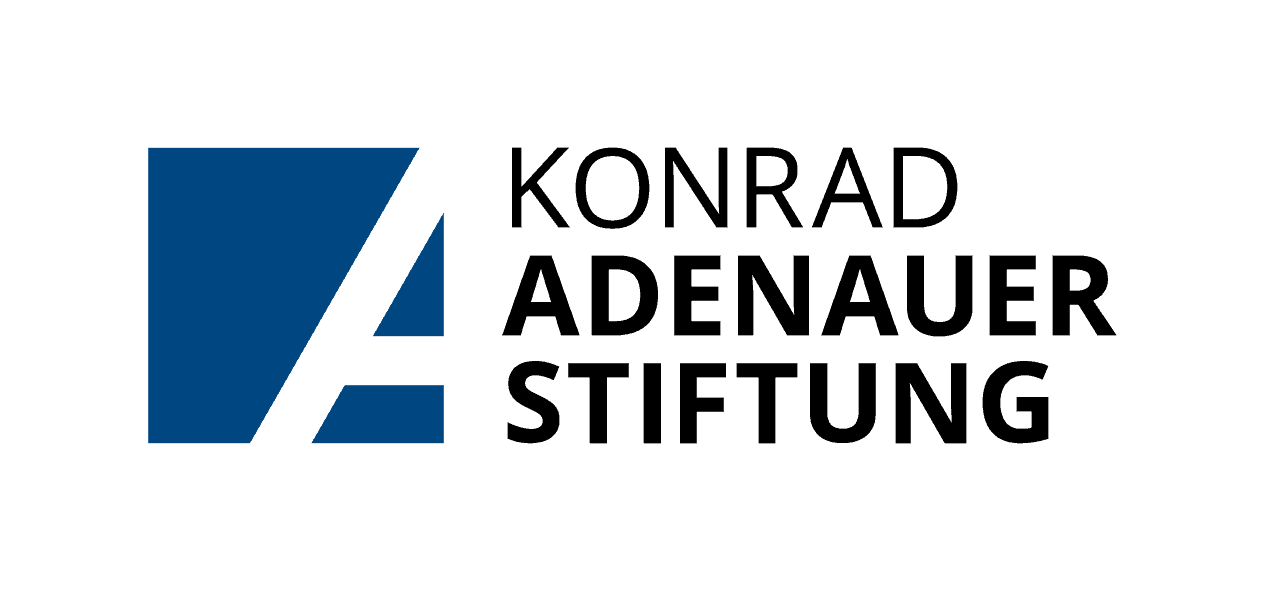Another key feature of your project plan is your budget — how much will your investigation consume in terms of money and resources.
Some elements to include:
- > Travel costs — flights, car rentals, accommodation, meals for you and your sources
- > Consultation fees eg. for translators, transcribers or other service providers
- > Communication costs — phone bills or Internet usage
- > Costs for conducting archival searches or getting notarised copies of documents, etc.
If you are working in a team, you may also need to include workshops or field trips in your budget.
Newsrooms around the world are facing shrinking budgets. The kind of investment major U.S. papers sink in investigative projects can fund a small newspaper in a developing nation for a year. If you are in resource-strapped newsroom, be creative about identifying other sources of support. A good starting point is international donor organisations. Sometimes they have areas of interest that coincide with your investigation. However, beware of donors who push their own agenda. Another possibility is crowdfunding. Fundraising for investigative journalism projects has become more popular, but the competition also means it is more difficult.
An overview of potential fellowships and crowdfunding, as well as examples of successful projects, can be found here:
Most journalists agree that it is not a good idea to pay sources. The allure of payment can encourage sources to tell lies and exaggerate. Even worse, such payments could backfire, if sources retract or discredit their statements. This ethical grey area could throw your publication’s reputation in disarray, or cast doubt on your own investigative skills. However, in some circumstances, a paper may compensate a source for time lost or travel costs. Even then, both parties should be clear what the payment is for, and to pay a nominal rate for the expense. Remind sources that they are not doing you or your paper a personal favour by providing information; rather, they are helping an affected community or society at large.
Bribing an official to gain access is also disreputable. But in some communities, officials have developed a culture of demanding small favours (e.g., ‘dash’, ‘cool-drink’) for doing anything – including opening their offices in the morning! In such climates, you may be unable to work without oiling the wheels of officialdom. Yet, you risk compromising your whole investigation through these trivial payments. However small and routine they are, they are still considered as bribes if the official reveals to his bosses or rival media outlets that you paid them. One strategy for dealing with these kinds of demands is to see if you could justify each payment to your readers if it was challenged later. It is always better to try and secure co-operation by explaining the importance of your work and building allies, than to rely on grease money and other purely transactional relationships.

